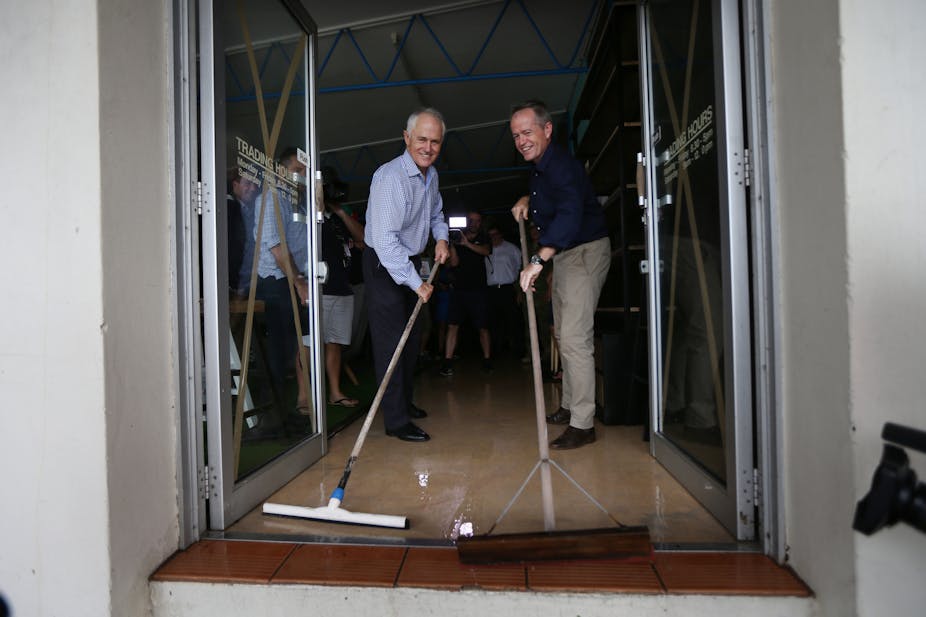At The Conversation, we receive a lot more ideas for articles than we are able to publish. How many we publish varies from section to section; in Politics & Society we are only able accept around two in every ten ideas pitched to us. To many academics who want to contribute, the way we decide what to accept and what to reject can seem frustratingly opaque, so I thought it would help to explain how we make editorial decisions in Politics & Society.
First, some of the things we’re looking for in an article. Our Politics & Society aims to inform, not to persuade. That’s why our coverage focuses on ideas, issues and policies, explaining their origins and evolution, as well as the connection with political tides and ideologies. Explainers on public policy issues and Policy Checks are two examples of this approach.
We also only work with academics and researchers with a university affiliation, and try as best we can to reflect the diversity of academic perspectives. We are constantly on the lookout for new authors who can file clear, concise, research-driven analysis in a timely fashion.
We particularly encourage authors to draw on research rather than simply give an opinion. Sometimes, opinions and arguments are embedded in analysis - that’s not a problem as long as the opinion is backed by evidence. But we aim to steer clear of mere opinion as much as possible, because the purpose of our work is to inform.
There are also some areas in which The Conversation has a natural strength: political theory and emerging ideas about political system; legal explainers; political history; gambling; equality; democracy; workplace relations; families; immigration and asylum seekers; Australian national identity; education; regional affairs; terrorism; media; US politics; Australia’s place in the world; gender, race and sexuality; and Indigenous affairs. Pitches in these areas will be given priority, but they will not be accepted as a matter of course – they then have to be clear, well-argued, and backed by strong research evidence.
Second, there are some things we don’t do. We don’t assess whether our authors are politically “left” or “right” and attempt to balance our coverage accordingly. The personal political views of authors are not our key concern; our aim is to bring their scholarship and knowledge to as broad an audience as possible. Having said that, we do aim to publish women and men equally, as well as presenting the views of Indigenous academics and others whose views are underrepresented.
The Conversation is not a news service, and we don’t report every political event or development. But news events do provide opportunities to draw on academic expertise to analyse and explain. Mostly relevant for The Conversation’s authors are big political events with concrete policy content, such as budgets and elections, or significant changes in the law.
We also avoid political satire, pure opinion and articles in which the author merely wishes to provoke or play devil’s advocate. We don’t duplicate the reporting of events in other media outlets. We tend to avoid state politics, unless the issue has significant national implications. We generally will not publish articles that are merely a rebuttal of an opinion expressed by another writer, either in The Conversation or elsewhere.
We clamp down on jargon because it is a major impediment to readers in understanding the issue and the research around it. That is not to say we “dumb-down”. Rather, we strive for clarity and brevity so that complex issues can be accessible to a general, intelligent audience. We believe this achieves two key things: it brings the work of academics into the public sphere, and it engages a wide audience in the most important and urgent political, social and cultural issues of the day.
Finally, when we are assessing a pitch to The Conversation we don’t pretend to have any expertise in assessing the purely academic merits of a work. For better or worse, the criteria we use to assess a potential article are essentially journalistic. We look at topicality and what’s going on in the news as much as if the work has appeared in a highly-rated journal.

